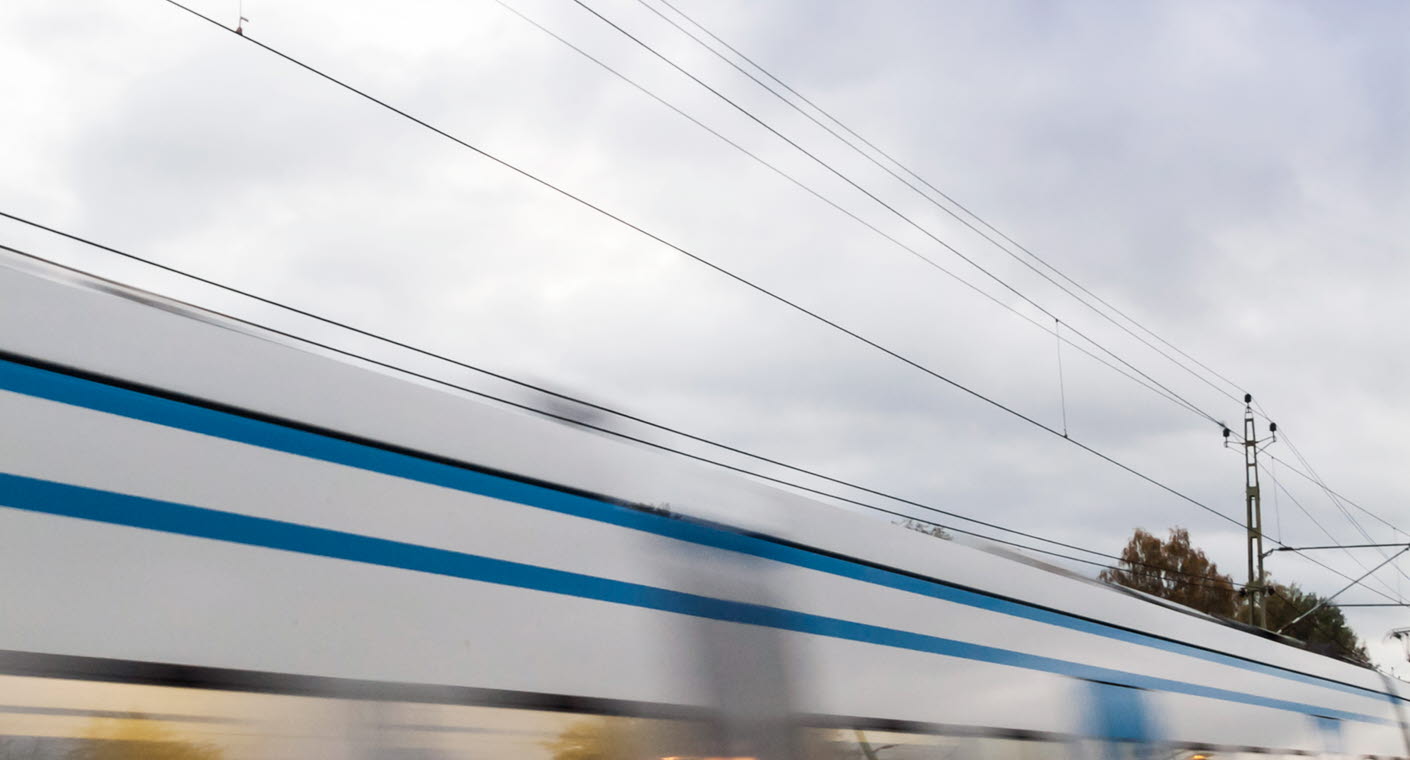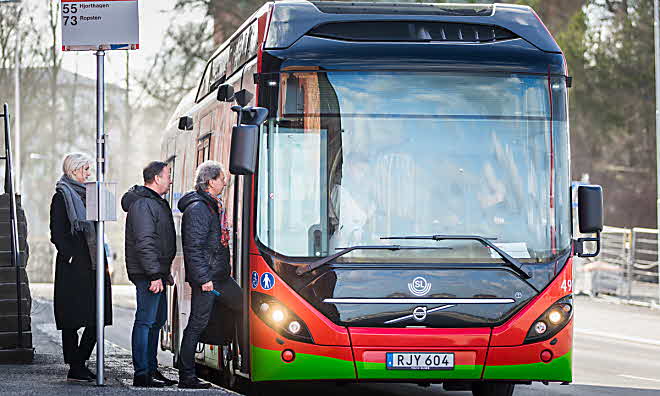Creating a more sustainable district is not only about building environmentally certified and energy-efficient buildings, many of the important efforts are also in the transport sector. CERO (Climate and Economic Research in Organizations) is a concept developed to help organisations find economically sustainable strategies to reach set climate goals for travel.
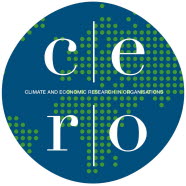 CERO is a methodology that we have worked according to for many years in order to be able to develop sustainable travel to and from our areas. The methodology helps us map travel habits with the help of a comprehensive travel habits survey, the results of which are then used to continue developing public transport and services in each area with the aim of reducing the climate footprint when traveling to and from our properties.
CERO is a methodology that we have worked according to for many years in order to be able to develop sustainable travel to and from our areas. The methodology helps us map travel habits with the help of a comprehensive travel habits survey, the results of which are then used to continue developing public transport and services in each area with the aim of reducing the climate footprint when traveling to and from our properties.

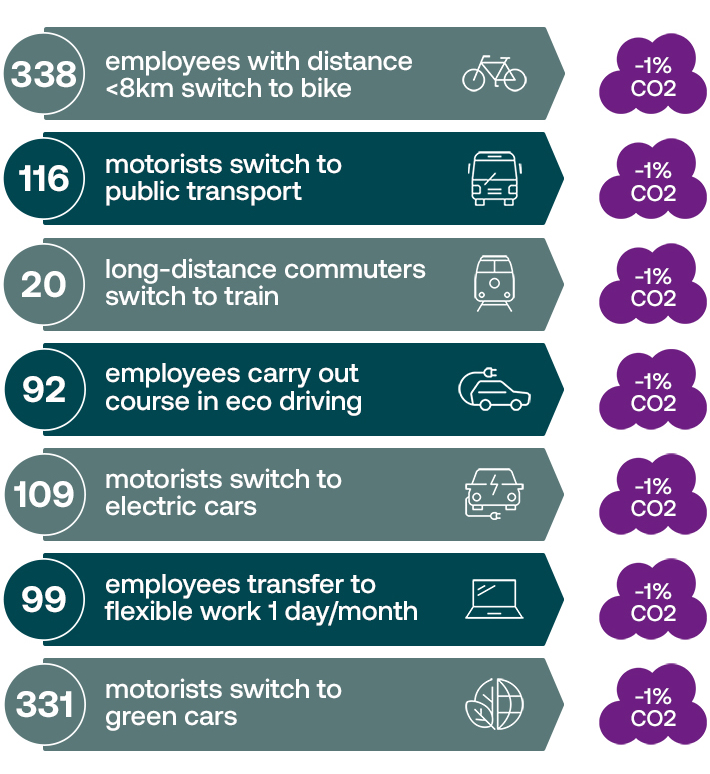
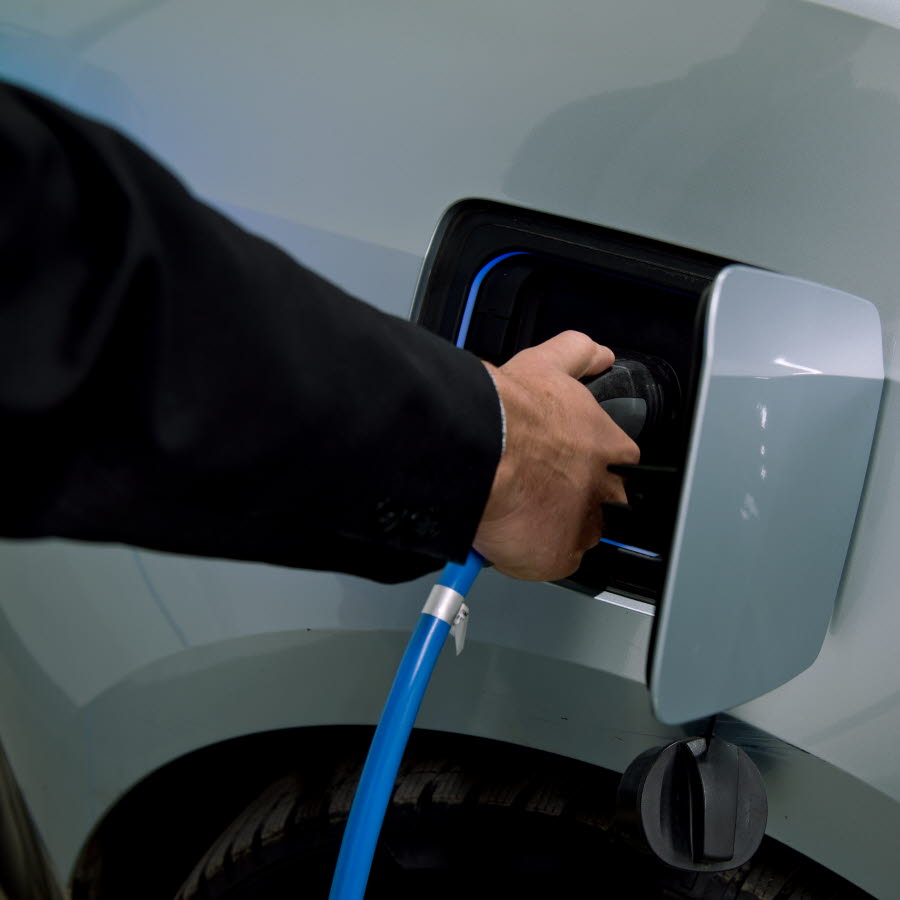
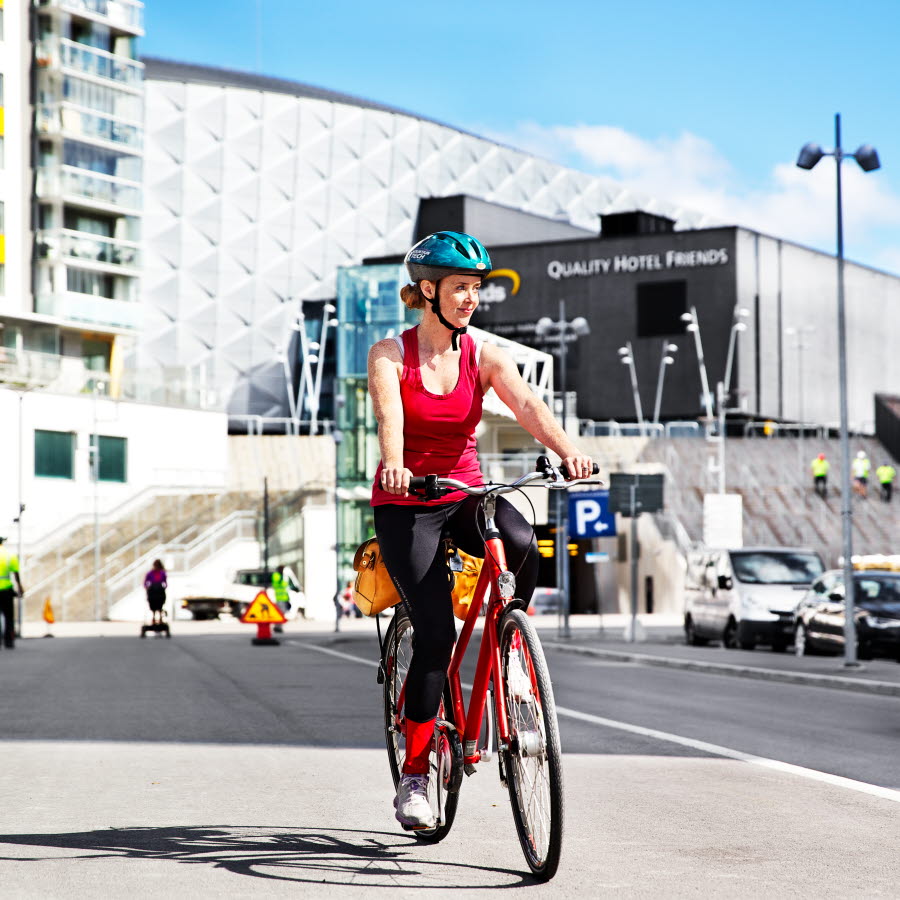
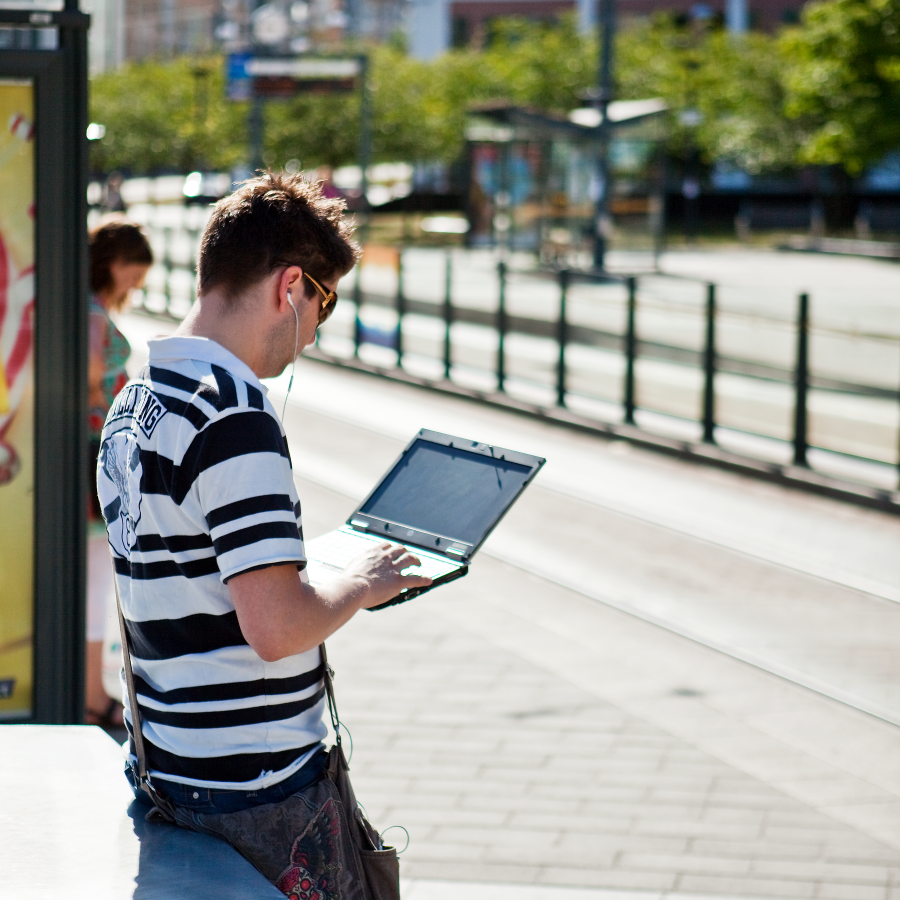
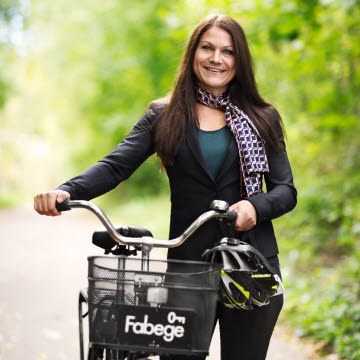 We are very happy that, together with the companies and employees in the district, we have come one step closer to our long-term goal of halving the emissions from work commuting to and from Arenastaden by 2030.
We are very happy that, together with the companies and employees in the district, we have come one step closer to our long-term goal of halving the emissions from work commuting to and from Arenastaden by 2030. Arenastaden has emerged as a good example of what a powerful actor-driven change process towards a sustainable transport system can look like, where property owners in collaboration with companies agree to jointly address the climate goals of the Paris Agreement, map the employees' travel situation and identify an optimised combination of measures through a scientific developed methodology based on statistical behaviour analysis.
Arenastaden has emerged as a good example of what a powerful actor-driven change process towards a sustainable transport system can look like, where property owners in collaboration with companies agree to jointly address the climate goals of the Paris Agreement, map the employees' travel situation and identify an optimised combination of measures through a scientific developed methodology based on statistical behaviour analysis.